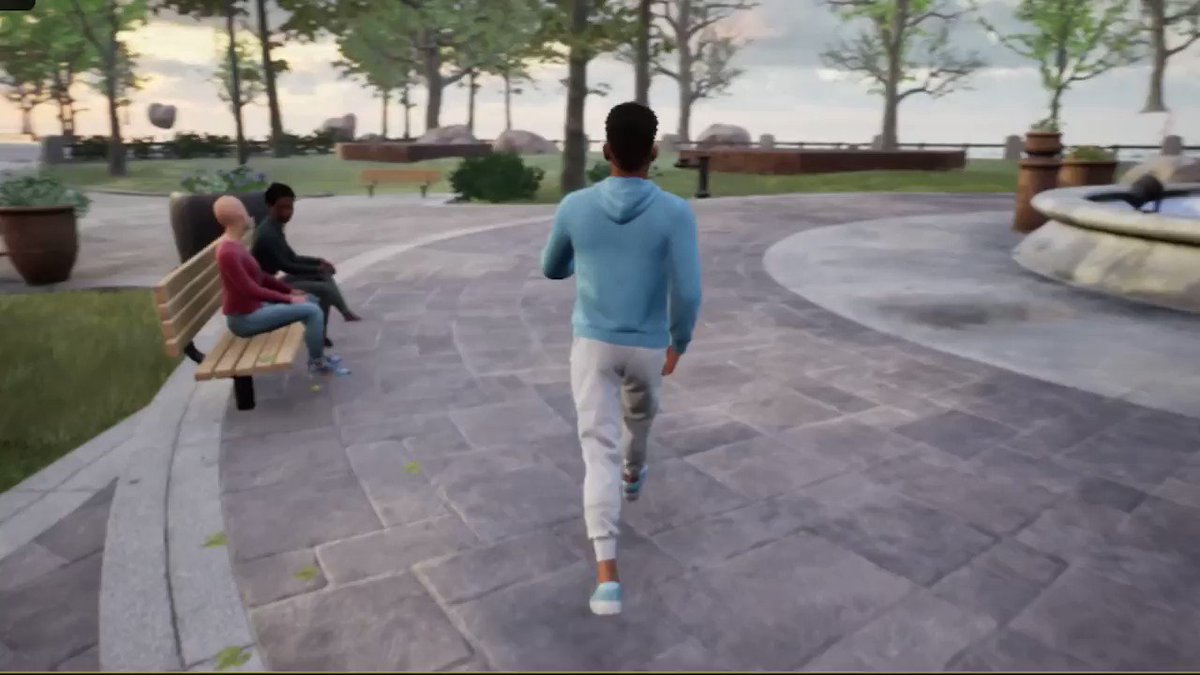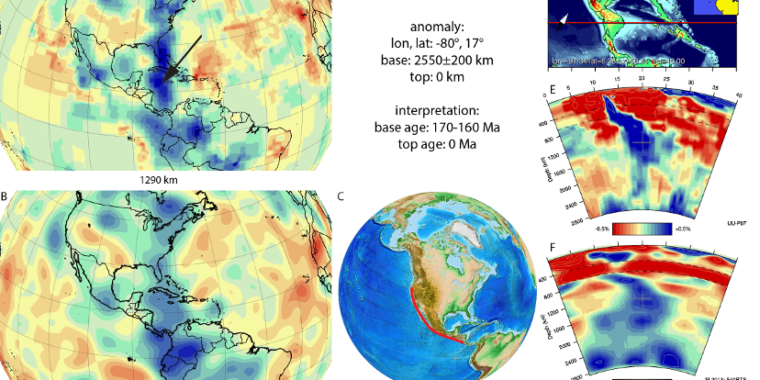Actually, Othello-GPT Has A Linear Emergent World Representation
Epistemic Status: This is a write-up of an experiment in speedrunning research, and the core results represent ~20 hours/2.5 days of work (though the write-up took way longer). I'm confident in the main results to the level of "hot damn, check out this graph", but likely have errors in some of the finer details.
Thanks to Chris Olah, Martin Wattenberg, David Bau and Kenneth Li for valuable comments and advice on this work, and especially to Kenneth for open sourcing the model weights, dataset and codebase, without which this project wouldn't have been possible!
This piece spends a while on discussion, context and takeaways. If you're familiar with the paper skip to my findings, skip to takeaways for my updates from this, and if you want technical results skip to probing
Emergent World Representations is a fascinating recent ICLR Oral paper from Kenneth Li et al, summarised in Kenneth's excellent post on the Gradient. They trained a model (Othello-GPT) to play legal moves in the board game Othello, by giving it random games (generated by choosing a legal next move uniformly at random) and training it to predict the next move. The headline result is that Othello-GPT learns an emergent world representation - despite never being explicitly given the state of the board, and just being tasked to predict the next move, it learns to compute the state of the board at each move. (Note that the point of Othello-GPT is to play legal moves, not good moves, though they also study a model trained to play good moves.)
















